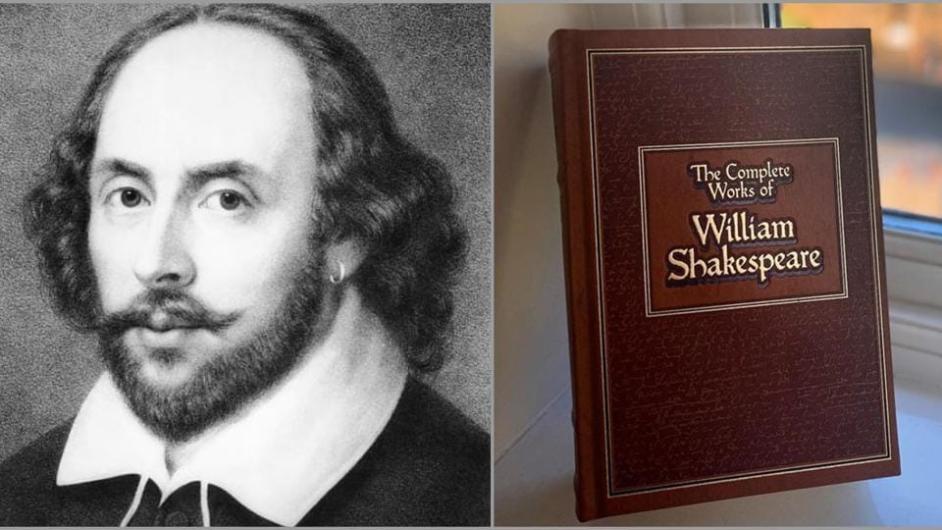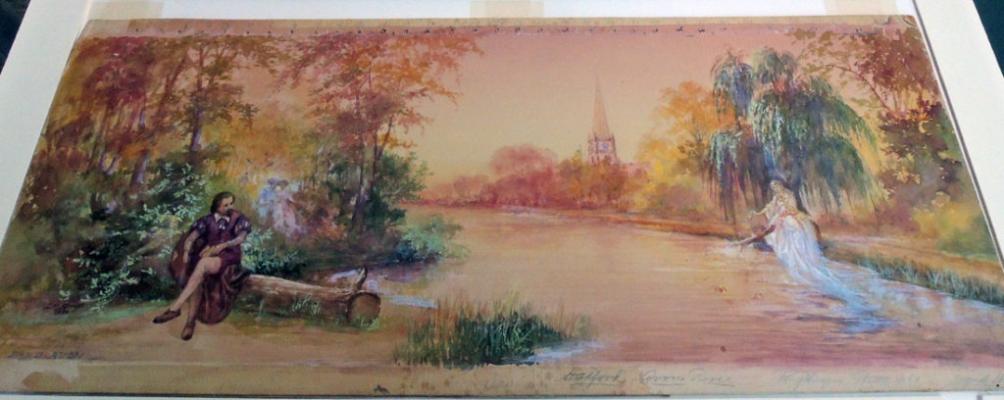What Are Some of the Most Common Misconceptions About Shakespeare?
William Shakespeare, the iconic playwright and poet, has captivated audiences for centuries with his timeless works. However, there are several misconceptions and misunderstandings that surround Shakespeare and his works, often hindering a deeper appreciation and understanding of his literary genius.

Misconception 1: Shakespeare's Plays Are Only For Scholars And Academics
Truth: Shakespeare's plays were written for a broad audience, appealing to people from all walks of life.
- Shakespeare's plays were performed in public theaters, catering to a diverse audience that included nobles, merchants, and commoners.
- His plays addressed universal themes and emotions, making them relatable to audiences of all backgrounds.
- Adaptations of Shakespeare's plays in various media, such as film, television, and stage productions, continue to reach a wide range of audiences.
Misconception 2: Shakespeare's Plays Are All About Love And Romance
Truth: While love and romance are common themes in Shakespeare's plays, they are not the only themes.
- Shakespeare's plays explore a wide range of themes, including politics, power, betrayal, revenge, ambition, and social commentary.
- Plays like "Macbeth," "Julius Caesar," and "The Merchant of Venice" focus on these themes, demonstrating Shakespeare's versatility and depth as a writer.
Misconception 3: Shakespeare's Plays Are Difficult To Understand
Truth: Shakespeare's plays can be accessible and enjoyable for anyone with a little effort.
- Shakespeare's plays were written in a different era and contain language and references that may be unfamiliar to modern readers.
- Resources like reading guides, annotated editions, and live performances can help readers understand the context and language of Shakespeare's plays.
- With a willingness to learn and explore, Shakespeare's plays can be appreciated by audiences of all levels of understanding.
Misconception 4: Shakespeare Was A Perfect Writer

Truth: Shakespeare was a brilliant writer, but he was not infallible.
- Shakespeare's plays contain flaws and inconsistencies, such as historical inaccuracies, plot holes, and character inconsistencies.
- These flaws do not diminish the overall greatness of Shakespeare's works and are part of what makes them human and relatable.
Misconception 5: Shakespeare Wrote All Of His Plays Alone
Truth: There is an ongoing debate about Shakespeare's authorship, with theories suggesting he may have collaborated with other writers.
- Evidence and arguments exist both for and against Shakespeare's sole authorship.
- Regardless of who wrote the plays, they are still considered masterpieces of literature and have had a profound impact on Western culture.

The misconceptions surrounding Shakespeare and his works can hinder a deeper appreciation and understanding of his literary genius. By dispelling these misconceptions, we can approach Shakespeare's plays with an open mind and a willingness to learn and explore. Shakespeare's plays are timeless works of art that continue to resonate with audiences around the world, offering insights into the human condition and the complexities of life.
YesNo

Leave a Reply